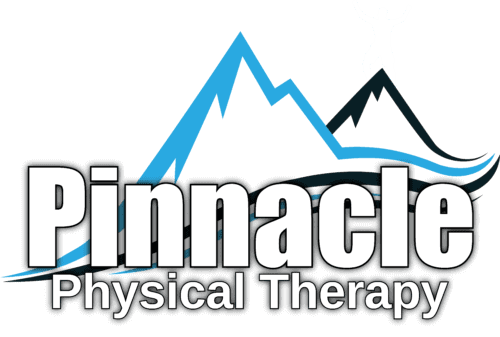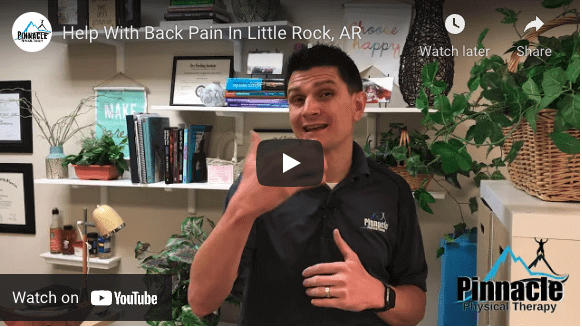Snap Out of It!
Treat Snapping Shoulder Blade Syndrome
If you are one of the thousands of people who suffer from snapping shoulder blade syndrome, you know how annoying and painful it can be. The good news is that physical therapy can provide effective treatment to help you relax your shoulder blades and relieve shoulder pain resulting from snapping shoulder blade syndrome.
What Are The Risk Factors?
Certain activities can increase your risk for snapping shoulder blade syndrome. If you’re a musician, golfer, or construction worker and find yourself in repetitive shoulder movements that require you to lift your arms above your head, you may be at an increased risk for developing snapping shoulder blade syndrome.
Other risk factors include osteoporosis, arthritis, fractures in your spine or neck, and an injury to one of these areas.
What Are The Treatment Options?
Depending on your symptoms, it is not unusual for physical therapists to recommend a treatment plan that includes a combination of shoulder exercises and manual therapy techniques.
Each person may require a different amount and type of care in order to feel better. If you are suffering from snapping shoulder blade syndrome, consulting with our team of highly trained physical therapists can help you decide which options would be best for you.


